Question And Answer
Publications
Articles, publications, books, tools and multimedia features from the U.S. Institute of Peace provide the latest news, analysis, research findings, practitioner guides and reports, all related to the conflict zones and issues that are at the center of the Institute’s work to prevent and reduce violent conflict.
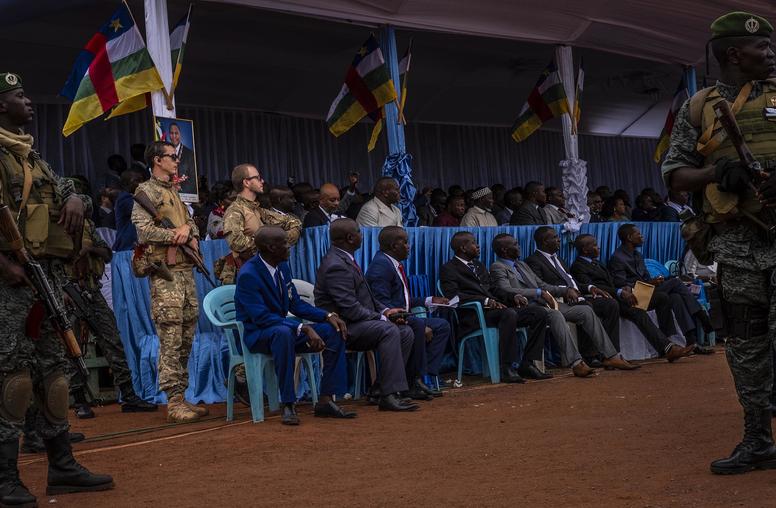
Amid the Central African Republic’s search for peace, Russia steps in. Is China next?
The 2017 National Security Strategy refocused U.S. foreign and defense policy to address resurgent major power competition with Russia and China. In U.S. foreign policy, Africa has emerged as a frontline for this competition, as in recent years both Moscow and Beijing have sought to expand their influence and promote their interests on the continent. Nowhere is the role of major powers more apparent than in the Central African Republic (CAR), where Russia has emerged as a key power broker amid a civil war that has simmered since 2012. Despite concerns about the need to counter other major powers, the best course for U.S. policy in CAR is to not allow competition with Russia and China to distract from the fundamental priority of supporting a democratic, inclusive path to peace.
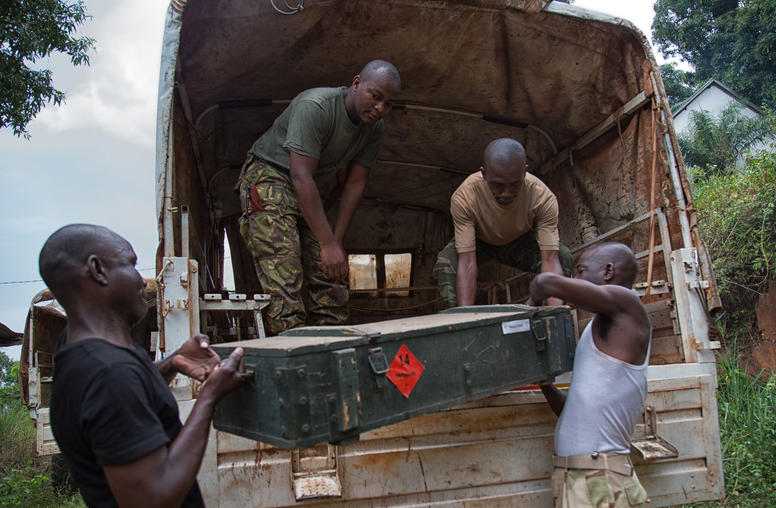
Central African Republic Struggles to Implement Peace Deal
The peace agreement signed in the Central African Republic (CAR) in early 2019 is the eighth in seven years, numbers that suggest how difficult it will be to even attempt to end to the country’s multi-sided conflict. That said, the accord this time was reached after more extensive preparations for talks and with greater international support than in the past, perhaps improving conditions for a sustainable halt to violence that has displaced more than 1.2 million people.
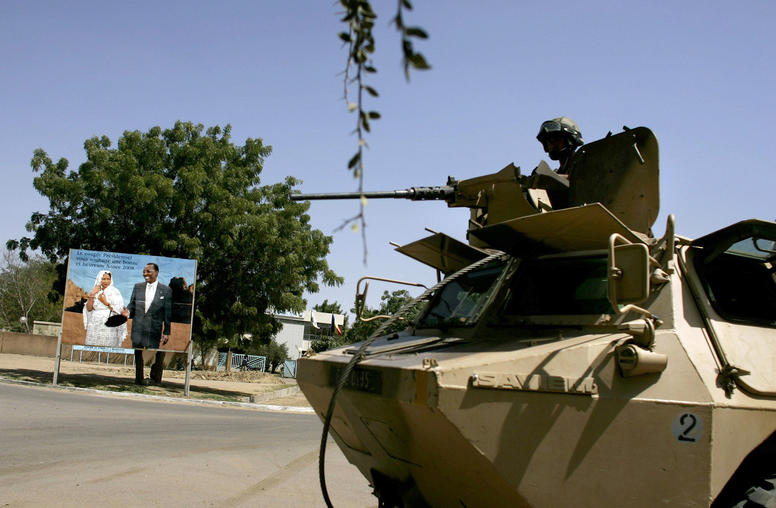
Chad, and Darfur, After Bashir
The politics of the Central African nation of Chad are closely connected with those of Sudan, most prominently because of Darfur, the vast and troubled Sudanese region which borders Chad to the east. The recent fall of Sudan’s president Omar al-Bashir—in power since 1989—raises questions about the future of Chad’s president and U.S. ally, Idriss Déby, beset by similar governance challenges and in power since 1990. Jérôme Tubiana, co-author of a 2017 USIP report on Chad, and USIP’s Aly Verjee discuss the implications of political change in Sudan for Chad.
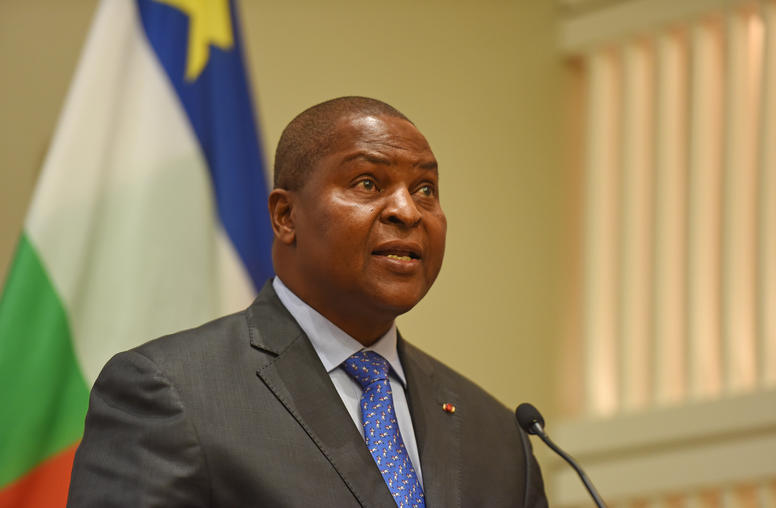
Central African Republic President on ‘Path to Peace’
The Central African Republic’s president, Faustin-Archange Touadéra, came to Washington this week seeking to bolster U.S. support for a peace deal with internal armed groups, saying steady international assistance will be needed to rebuild the state and end years of metastasizing violence.
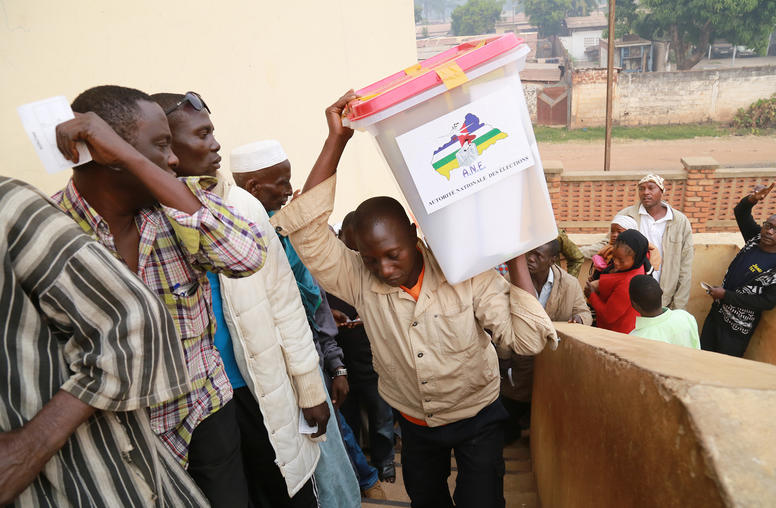
What is the Central African Republic’s Divided Parliament For?
As the U.S. House of Representatives continues to adapt to the leadership of a new speaker, 6,000 miles away, the legislature of the Central African Republic (CAR), the National Assembly, has also recently elected a new leader. However, a change of leadership will not be sufficient to overcome the many challenges and weaknesses faced by this parliament, as the country continues to face rebel groups, communal violence, corruption, and intransigent poverty. The responses of many representatives to recent interviews with USIP raise a more fundamental question: given the context of the CAR, what is a parliament for?
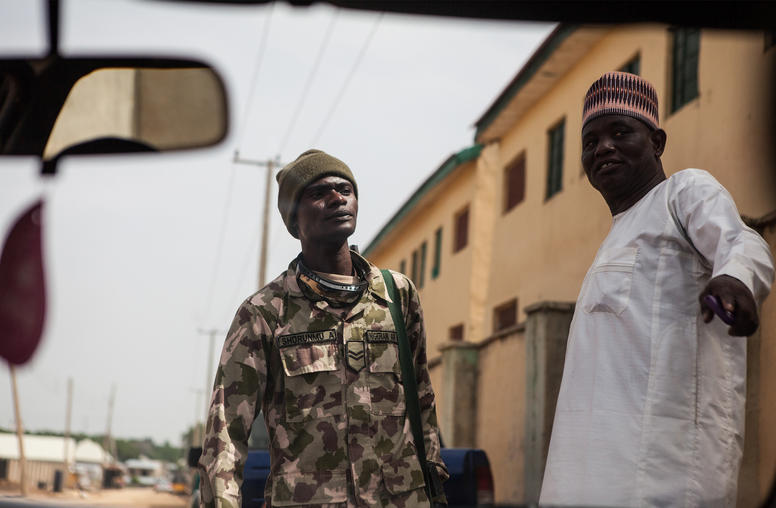
Civilian-Led Governance and Security in Nigeria After Boko Haram
Focusing on northeast Nigeria and the Lake Chad Basin, this Special Report outlines the rise of the Boko Haram insurgency in Nigeria and the security and governance challenges in the wake of its possible decline.
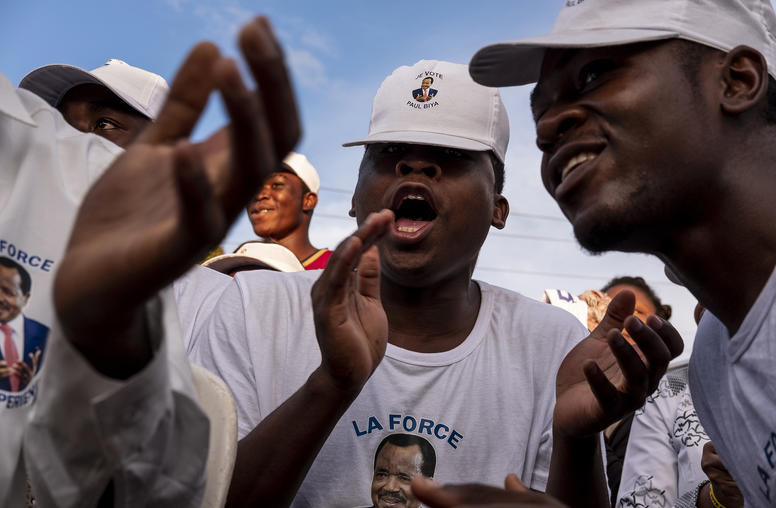
After Election, Cameroon’s Governance Crisis Continues
Eighty-five-year-old Paul Biya, president of Cameroon since 1982, was sworn in for his seventh term in office on November 6, after complaints arising from multiple allegations of electoral irregularities in polls held a month earlier were dismissed by Cameroon’s constitutional court. An intercommunal crisis in Cameroon has seen violence increase substantially since 2017, and the conduct of these elections—which saw a partial boycott—has added to grievances. In this analysis of the official election results, USIP’s Aly Verjee and Jude Mutah examine the data, and discuss the prospects for Cameroon after the election.

Jonas Claes on Election Risk in the Democratic Republic of Congo and Ukraine
Jonas Claes provides risk analysis for elections taking place in the Democratic Republic of Congo in December and in Ukraine in March, 2019. A combination of complicating factors ranging from ongoing conflicts, outside meddling, logistical hurdles and voter apathy top Claes’ concerns that election violence could be stoked in both elections.
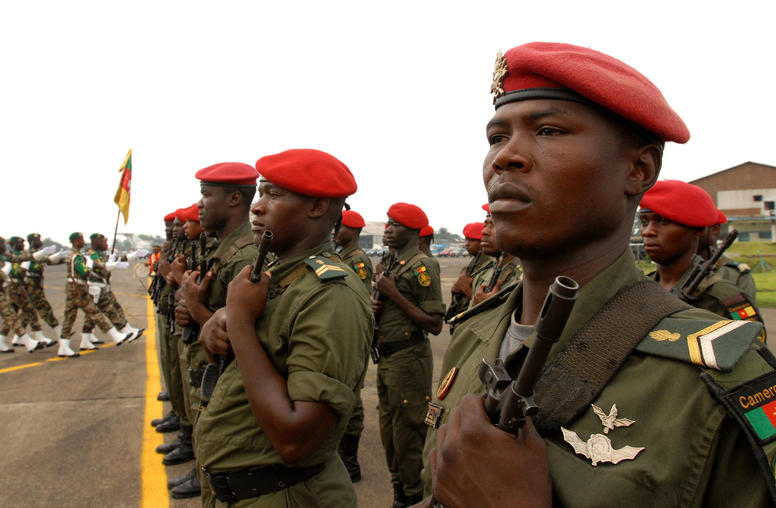
Cameroon’s Anglophone Uprising: A Crisis Overlooked
The African nation of Cameroon has lived for years between the fires of civil warfare—in Nigeria to the west and the Central African Republic to the east. But the authoritarian regime of President Paul Biya for years has suppressed peaceful and moderate dissidence, violating citizens’ human rights with impunity, helping ignite an armed conflict with members of Cameroon’s anglophone minority.
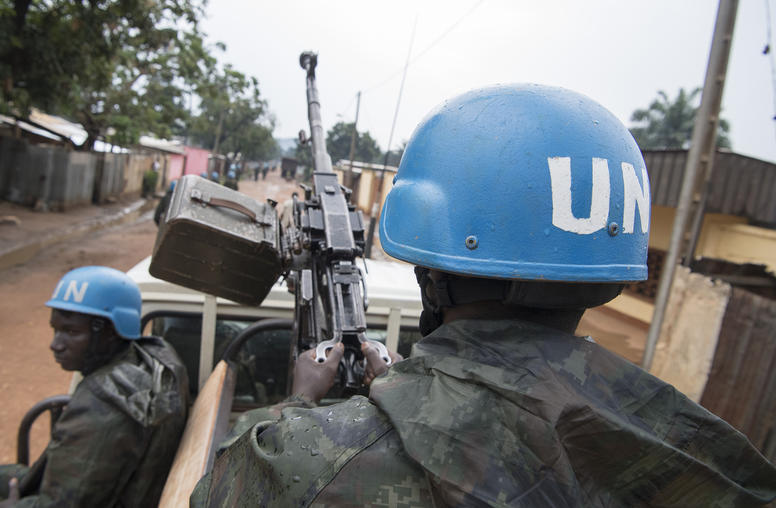
Central African Republic: The Peace Effort That Went Awry
The renewed violence in CAR reflects the need for a consistent engagement by the international community to sustain a peacebuilding process in the country. Governments and international organizations too often have focused on the country sporadically, in short-term reactions to crises that offer only temporary solutions.